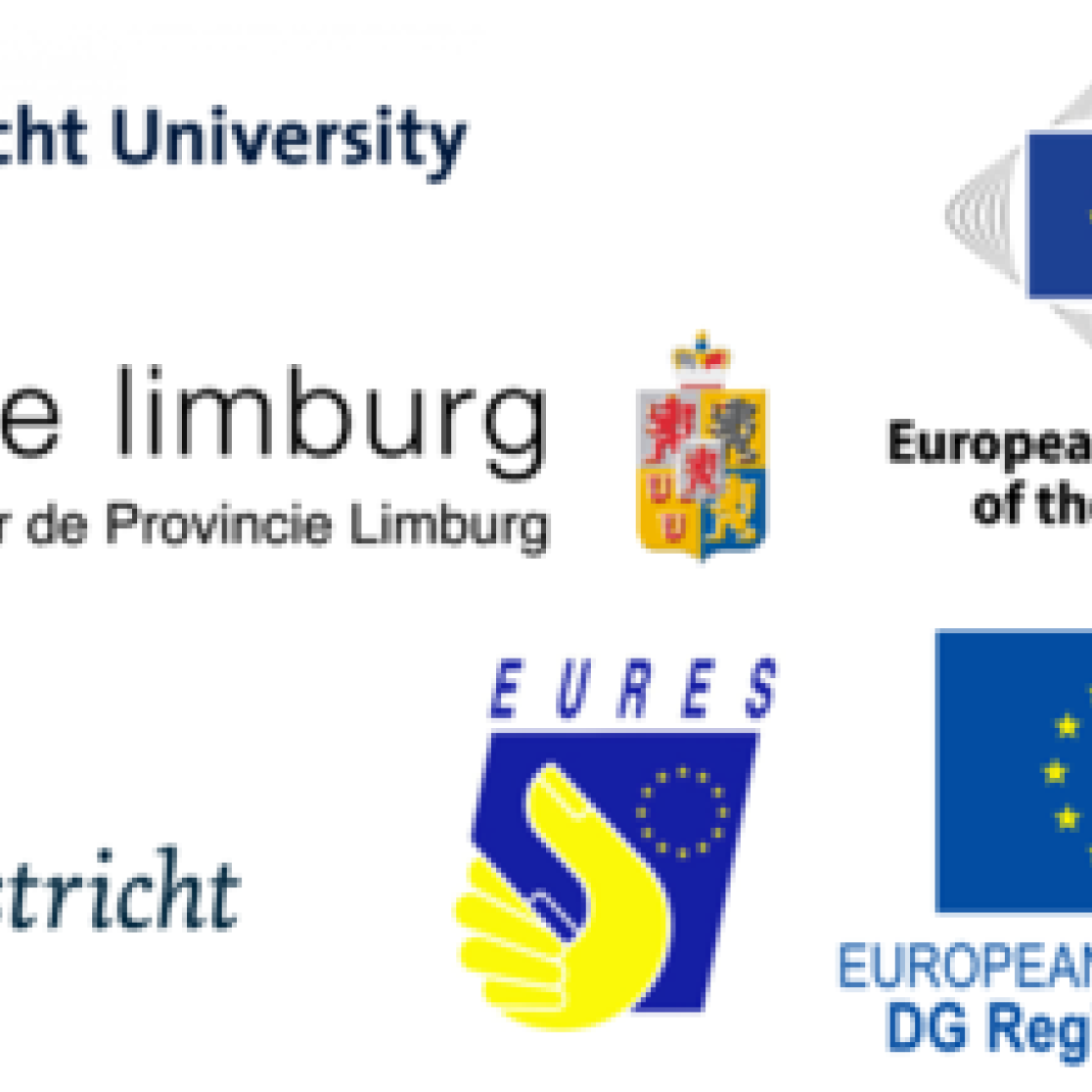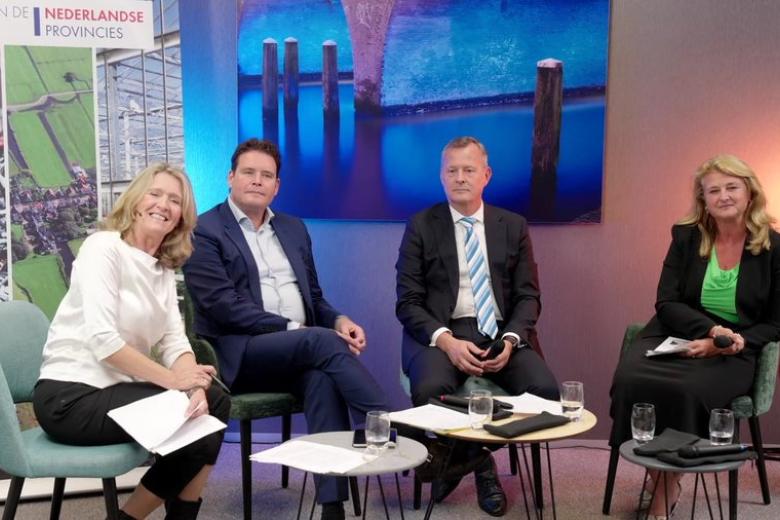Euroregions: stronger than we think
How do you empower citizens and Euroregions within the European Union? What role can they play in the European Union when it comes to new developments, such as Brexit? This is the subject of the annual conference of ITEM (Institute for Transnational and Euregional cross border cooperation and Mobility),part of Maastricht University. On 16 November, scientists and experts will meet in Brussels to discuss the theme 'Cross-border cooperation: future challenges'.
Networking across the border
One of the main objectives of the conference is to support strong networks for citizens and society in European border regions. Networking enables border regions to cooperate in cross-border labour markets, improve information on the impact of legislation on border regions and build mutual trust. It discusses how best to use networks across borders and which form of cooperation is most appropriate.
A 'voice' for Euroregions
New ways of better assessing the impact of national or EU policies on cross-border areas are being explored at various levels of government. In recent years, ITEM has developed a bottom-up approach to border impact assessment. The results will be presented at the conference. Among other things, it discusses how border regions can actively contribute with their own resources and the use of their own regional experts. This gives them a 'voice' and enables them to better influence decision-making at national and European level in the light of current European developments.
Recognised diplomas for mobility
Recognition of diplomas plays an important role in the mobility of students and professionals. Unfortunately, many of them encounter obstacles because of the time-consuming and costly recognition procedures. In addition, some diplomas and experience are sometimes not recognised because recognition applications are refused. ITEM scientists and practitioners discuss the recognition procedure and improved mobility from their background.
Cooperation with The Hague and Brussels
Together with the Committee of the Regions and the European Commission's DG REGIO, ITEM is mobilising to position border regions in Europe more effectively. Together with the ministries from The Hague, ITEM is working on realising structural attention for border effects when drawing up new policy (security, labour, education and energy) both nationally and at European level.
Because ITEM has knowledge about practical examples, policy theory, micro and macro-economic knowledge, social and legal knowledge at scientific level, it is able to lift local or regional consequences in all these areas to a national solution direction. Together with DG Regio, the knowledge within DG Regio will be used to develop the European Cross Border Mechanism.
Examples
One of the successes of ITEM is for example the B-Solutions project 'Roadmap and factsheet for the recognition of qualifications for promising professions'. This project brings together partners along the Dutch border, including partners from the Netherlands, Belgium, North Rhine-Westphalia and Lower Saxony. Another example is the ITEM report 'Exploring the border effects of increasing the low VAT rate' on the consequences of the announced VAT increase for Dutch border regions.
It is not only the border effects of this measure that matter, but certainly the conclusion that it is necessary to collect cross-border data structurally, to start with a baseline measurement and periodic follow-up measurements. Only in this way can national governments gain insight into the extent of the impact on the economy.
The ITEM 2018 annual conference is organised in cooperation with the European Committee of the Regions and the European Commission's Directorate-General for Regional Policy and Urban Development.
Date and time: Friday 16 November, 10 a.m. to 6 p.m.
Location: European Committee of the Regions, Rue Belliard 101, B-1000 Brussels.
Click here for more information about the programme of the conference.

Also read
-
Broad prosperity is still a blind spot in the border region
In their current election campaigns, almost all political parties stress that ‘every region matters’. Party manifestos are full of plans to promote broad prosperity in all regions of the Netherlands. Broad prosperity comprises not only material wealth, but also well-being, including issues such as...

-
Citizens’ initiative advocates the introduction of electronic detention as punishment
To reduce the imposition of short prison sentences in the Netherlands, experts are arguing for the inclusion of electronic detention in the Criminal Code as a possible punishment. A partnership led by Maastricht University and the Dutch Foundation for Restorative Justice is submitting a so-called...

-
The future of sustainable infrastructure is here; and we need a strategic vision
27 September 2023, Brussels | “The green transition in mobility is going well, but it could be a lot better. Until 2040 and 2050, the infrastructure we need to build, will be impossible to achieve on an individual level.” With this conclusion, Turi Fiorito director of the European Federation of...
